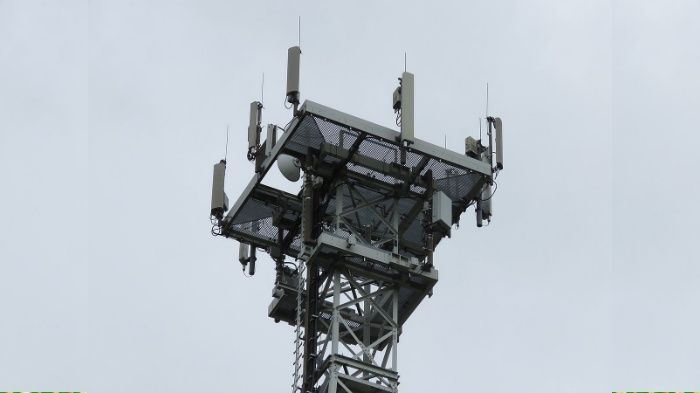URGENT UPDATE: The European Commission has just announced a significant escalation in its efforts to eliminate Huawei and ZTE telecommunications networks from EU member countries. In a proposal introduced by Vice President Henna Virkkunen, the Commission aims to make its 2020 5G Cybersecurity Toolbox recommendations legally binding, potentially extending to fixed-line broadband and fiber networks.
This announcement comes amid a backdrop of divided national responses, as some countries have already imposed bans while others have hesitated. Notably, Sweden and the UK banned Huawei and ZTE from their 5G networks back in 2020, while Germany plans to phase out Huawei from its core 5G networks by 2026. However, nations like Spain and Italy continue to permit the use of Chinese technology in their telecom infrastructures.
The urgency of this move is underscored by growing concerns over cybersecurity and potential espionage. As former Digital Secretary Michelle Donelan stated, “We must have confidence in the security of our phone and internet networks which underpin so much about our economy and everyday lives.”
The EU’s previous 5G Cybersecurity Toolbox, published in 2020, outlined strategic measures to enhance network security, including supplier diversification and installation bans. Yet, recent discussions indicate a pressing need for unified action in light of geopolitical tensions and ongoing technological rivalries.
While traditional Western competitors such as Nokia and Ericsson struggle to match the pricing of Huawei and ZTE, concerns about state backing for these Chinese companies amplify fears over espionage. The Commission’s latest proposal aims to address these vulnerabilities by enforcing stricter regulations across all EU member states.
As this situation develops, attention will be focused on how individual countries respond to the Commission’s proposal. Will nations like Italy, which is currently reviewing its agreements with Chinese firms, align with the EU’s stricter stance? Meanwhile, Slovenia has notably rejected a bill aimed at excluding high-risk vendors, highlighting the ongoing debate within the EU.
Stay tuned for the latest updates as this story unfolds. The implications of these decisions will impact not only the telecom landscape but also the broader context of international relations and cybersecurity in Europe.
For continuous updates, follow us on Google News and engage with us on social media for real-time insights and developments.







